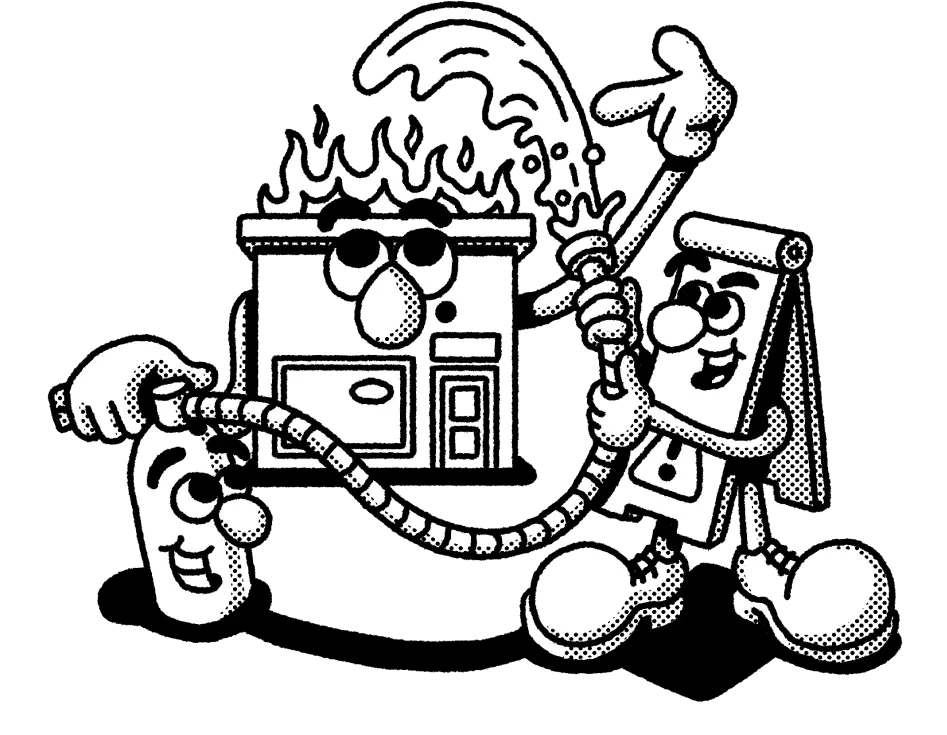Jump ahead to learn:
- Is Workers’ Compensation required in Pennsylvania?
- What are the Workers’ Compensation PA rules?
- Workers’ Compensation benefits in Pennsylvania
- Workers’ Comp death benefits in Pennsylvania
- PA Workers’ Comp insurance rates
- What if you don’t have Workers’ Comp insurance in Pennsylvania?
- Who is exempt from Workers’ Compensation rules in Pennsylvania?
- How NEXT helps Pennsylvania small business owners
Is Workers’ Compensation required in Pennsylvania?
Yes, according to the Pennsylvania Department of Labor, workers’ compensation insurance is mandatory for all employers who have one or more employees. This includes part-time or full-time employees, as well as family members.
Employers have several options for purchasing workers’ comp coverage. Aside from purchasing coverage through an insurance agent, broker or directly online from NEXT, employers can obtain insurance from the State Workers’ Insurance Fund (SWIF).
Similarly, if a small business owner runs a financially healthy company for more than three years, they may apply for self-insurance status.
What are the Workers’ Compensation PA rules?
In the Commonwealth of Pennsylvania, the workers’ compensation system is run by the Bureau of Workers’ Compensation. Coverage can help employees who have experienced a work-related injury or disease with lost wages and some medical treatment.
Typically, Pennsylvania workers’ compensation can help cover:
- Medical expenses
- Lost wages
- Rehabilitation and physical therapy
- Retraining if you can no longer do your job
- Permanent injury
- Death benefits and survivor benefits
The workers’ comp system benefits both employers and employees. As a no-fault system, employees can receive medical and wage-loss benefits if they’re injured during their jobs without having to prove negligence to receive benefits.
In exchange, employers are usually protected against lawsuits filed by injured workers. This is called “exclusive remedy.”
Workers’ Compensation benefits in Pennsylvania
By law, ill and injured workers hurt on the job are entitled to employer-paid medical treatment and wage-loss benefits if their disability exceeds seven days.
Compensation is based on the employees’ pre-injury average weekly wage (AWW) and must start within 21 days of the employer’s knowledge of the injury — unless the workers’ compensation claim is denied.
Benefits usually equal 66.67% (two-thirds) of pre-injury wages, with adjustments for lower earners and caps on maximum amounts. Reductions may apply if the employee has other income sources, such as unemployment, Social Security, severance or pensions, depending on the injury date.
Benefits aren’t paid if an employee is incarcerated or if post-injury wages equal or exceed pre-injury earnings.
Workers’ Comp death benefits in Pennsylvania
If an employee dies from a workplace injury or disease, their dependents may be eligible for death benefits. Benefits vary based on the beneficiary’s relationship with the deceased:
- Widows without children can receive 51% of the deceased’s AWW.
- Widows with children can receive 60% AWW for one child and 66.67% for two or more.
- Children without a widow can receive a percentage based on the number of children, ranging from 32% to 66.67%.
- Dependent parents can receive 52% AWW if fully dependent or 32% if partially dependent.
- Dependent siblings can receive 22% AWW for one, increasing by 5% per additional sibling, maxing out at 32%.
The employer or insurance carrier must also pay up to $7,000 in funeral expenses.







